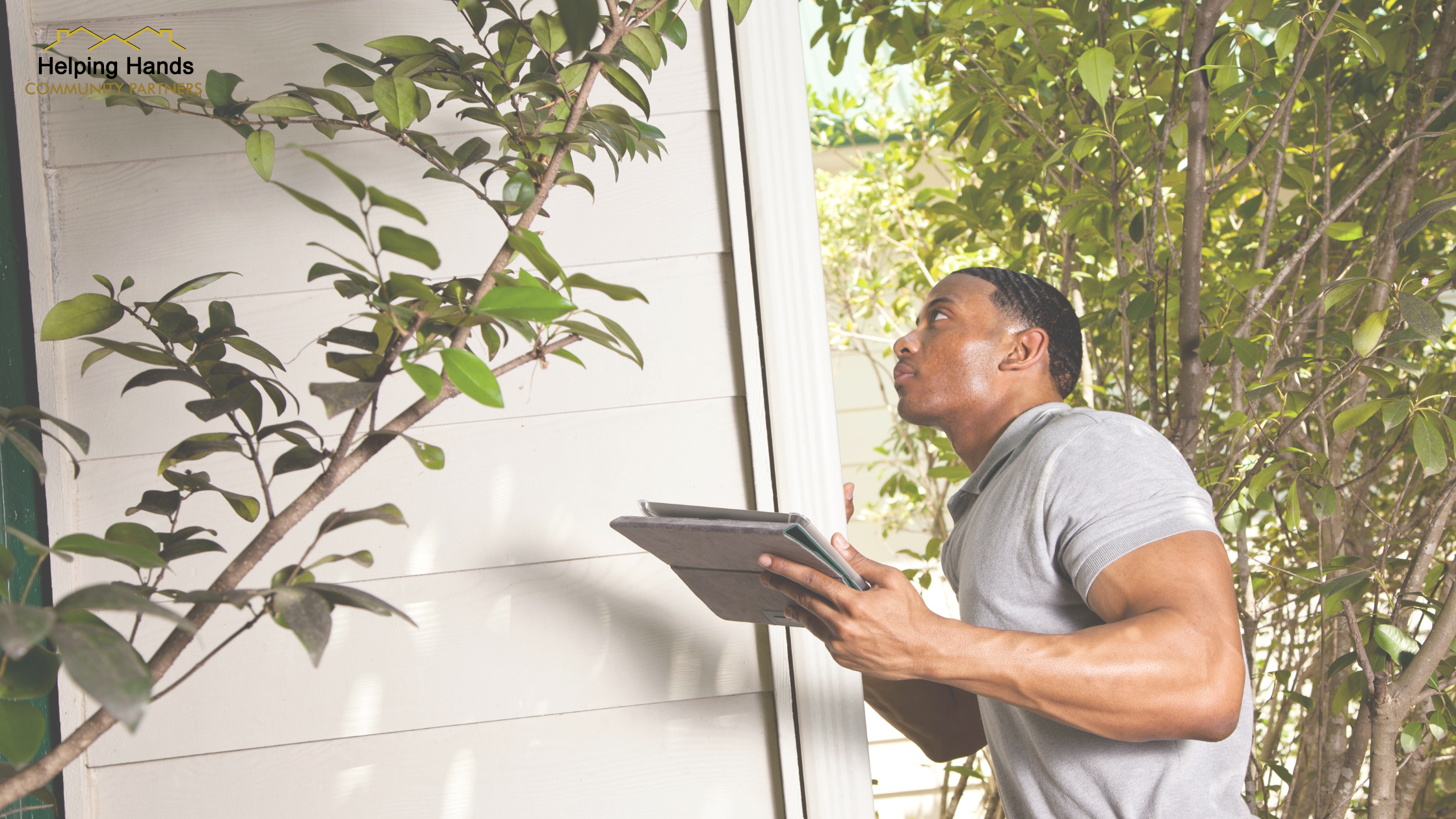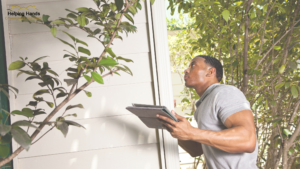The Importance of a Home Inspection
Buying a home is one of the most significant financial investments you’ll make in your lifetime. Whether you’re a first-time homebuyer or a seasoned real estate investor, ensuring that your potential new home is in good condition is crucial. This is where a home inspection comes into play. In this blog post, we’ll explore why a home inspection is so important and how it can save you time, money, and headaches in the long run.
What Is a Home Inspection?
A home inspection is a thorough examination of a property’s condition, typically conducted by a qualified and certified home inspector. The inspector’s role is to evaluate the physical structure, systems, and components of the home, looking for any issues or potential problems. This evaluation provides you with a comprehensive understanding of the property’s condition, enabling you to make an informed decision before finalizing the purchase. An inspection is not required but is recommended. Especially for homes that have not been updated.
What Can a Home Inspection Do for You?
- Revealing Hidden Issues: Even a well-maintained home can have hidden problems that are not evident during a casual walk-through. A home inspection can reveal issues such as structural concerns, plumbing or electrical problems, roofing issues, and more. Identifying these problems early can save you from costly surprises down the road.
- Negotiating Power: If the inspection uncovers issues that need addressing, you have the opportunity to negotiate with the seller. You can request repairs, a reduction in the sale price, or other concessions, depending on the severity of the problems found. This negotiation can potentially save you money.
- Peace of Mind: Knowing that the property you’re purchasing is in good condition provides peace of mind. It ensures that you’re making a sound investment and that you won’t be faced with unexpected repair costs shortly after moving in.
- Future Planning: The inspection report can serve as a guide for future maintenance and improvements. It provides you with a clear understanding of the home’s condition and can help you plan for any necessary repairs or upgrades.
What Does a Home Inspection Cover?
A typical home inspection covers a wide range of areas, including:
- Structural components: The inspector assesses the foundation, walls, roof, and overall structural integrity.
- Plumbing: All visible plumbing systems are inspected for leaks, water pressure, and drainage issues.
- Electrical: Wiring, outlets, switches, and the electrical panel are examined for safety and functionality.
- HVAC (Heating, Ventilation, and Air Conditioning): The heating and cooling systems are tested to ensure they work as intended.
- Roof and attic: The condition of the roof, insulation, and attic spaces is assessed.
- Exterior: The exterior of the home, including the siding, windows, and doors, is inspected for damage or deterioration.
- Interior: The interior spaces are checked for issues with walls, ceilings, floors, and more.
- Appliances: Kitchen appliances and any included appliances are tested to ensure they work correctly.
Tips for a Successful Home Inspection:
- Choose a Qualified Inspector: Look for a certified and experienced home inspector to ensure a thorough evaluation.
- Attend the Inspection: Being present during the inspection allows you to ask questions and gain a better understanding of the property’s condition.
- Review the Report: Carefully review the inspection report and discuss any concerns with your real estate agent.
In conclusion, a home inspection is a vital step in the homebuying process. It provides a comprehensive assessment of the property’s condition, enabling you to make informed decisions, negotiate effectively, and ensure that your new home is a safe and sound investment. It’s a small investment that can save you significant money and headaches in the long run.



